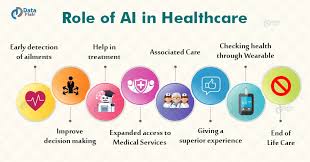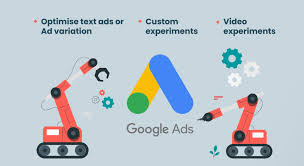Nuance Audio is a new option for people who resist traditional aids, from the company that makes Ray-Bans and operates LensCrafters.
Seekers of Meaning Podcast Posted Online March 7, 2025
What's Next Longevity Deal Talk Episode 32, January, 2025
Presentation: What's Next Longevity Venture Summit, June, 2025

 A new study offers a conundrum, or maybe a marketing problem. Most Americans 50 and older don’t trust AI-generated health information, says a
A new study offers a conundrum, or maybe a marketing problem. Most Americans 50 and older don’t trust AI-generated health information, says a  No surprise – AI tools are already part of senior living operations and planning. The research phase is nearly complete for the report on
No surprise – AI tools are already part of senior living operations and planning. The research phase is nearly complete for the report on 
 Surveys were released recently that trigger some debate. Consider whether the low adoption of health-related tech is due to flaws with the tech or with the survey questions? AARP’s responders only had
Surveys were released recently that trigger some debate. Consider whether the low adoption of health-related tech is due to flaws with the tech or with the survey questions? AARP’s responders only had  Exceeding expectations in every way. The next report was going to be titled – “The Future of AI in Senior Living” but that was so yesterday. One 2023 document,
Exceeding expectations in every way. The next report was going to be titled – “The Future of AI in Senior Living” but that was so yesterday. One 2023 document,  You were not alone at finding the first page of Google search results annoying. As has been expected, the
You were not alone at finding the first page of Google search results annoying. As has been expected, the